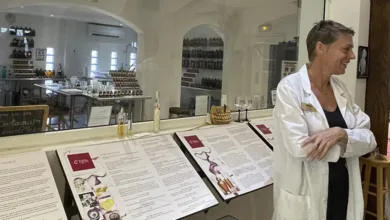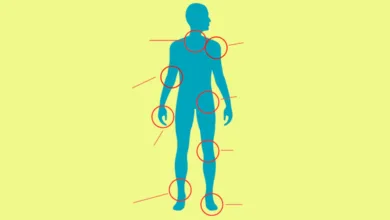Positive Psychology and Aging

Say YES to Change Your Life
You know the expression, “mind over matter.” Did you also know it’s possible to slow down the aging process simply by changing your thoughts?
All it takes is one little word: From thinking and saying “no” to thinking and saying, “why not?” or the even more powerful, “yes.” Positive psychology can enhance your brain functions and keep your body movin’ and groovin’ for extra years.
The Positive Thinking – Aging Connection
The science behind positive thinking and emotions has become a hot topic over the last few decades. Gerontologists, psychologists, and neuroscientists have documented how changing your mindset positively affects your level of emotional well-being, translating into a happier, healthier, longer living you.
Experts have found that when we reject an idea by thinking or saying “no,” our vision literally narrows to focus only on what is directly in front of us. Our bodies and organs constrict as we enter “fight-or-flight” mode, because at a biological level we perceive danger and our cortisol and adrenaline levels skyrocket.
A lifetime of saying “no” keeps these hormones constantly elevated as we live in a perpetual state of fight-or-flight. Chronically elevated levels of cortisol lead to chronic inflammation, organ damage, and cognitive impairment, which all contribute to Alzheimer’s and other dementias.
The Proven Benefits of Being Positive and Welcoming New Things
While responding “no” eliminates consideration of other possibilities or new options, the “why not” or “yes” response allows us to absorb more stimuli. It allows us to see the big picture and discover more options. When we push out of our comfort zones and expose ourselves to new experiences, we benefit emotionally and physically.
In one study from 2020, seniors selected three new skills from a list of five: Spanish, drawing, iPad usage, music composition, or photography. For three months, each participant devoted 15 hours per week to their chosen skills. When the seniors challenged themselves to learn several new skills simultaneously, they all experienced performance levels similar to those of adults 30 years younger. That is one incredible example of the power of positive psychology on aging!
By saying “why not” to the challenge and then “yes” to learning new skills, the seniors embraced challenges of all kinds. By the end of the experiment, their self-esteem and emotional well-being soared.
The benefit of learning new skills translated into experiencing less physical pain; slowing down their rate of physical decline; and enjoying longer, more productive lives.
Additionally, they created new neural pathways, which preserve memory. These pathways allow us easier and faster retrieval of information from our vast databases of knowledge and life experience. If the seniors in the study continued to challenge themselves in similar ways after the experiment, those new connections became permanent and their level of cognitive function improved.
You can change the course of your aging right now by embracing positive psychology techniques.
Every time you hear yourself say “no,” pause, take a breath, and change that to a “why not?” Or, if you dare, go straight to “yes” and make it your default. Then, tackle some focused learning. In no time at all you will experience more joy in your life and have a whole lot more fun.
Embrace becoming fearless with a single word — “Yes!”






